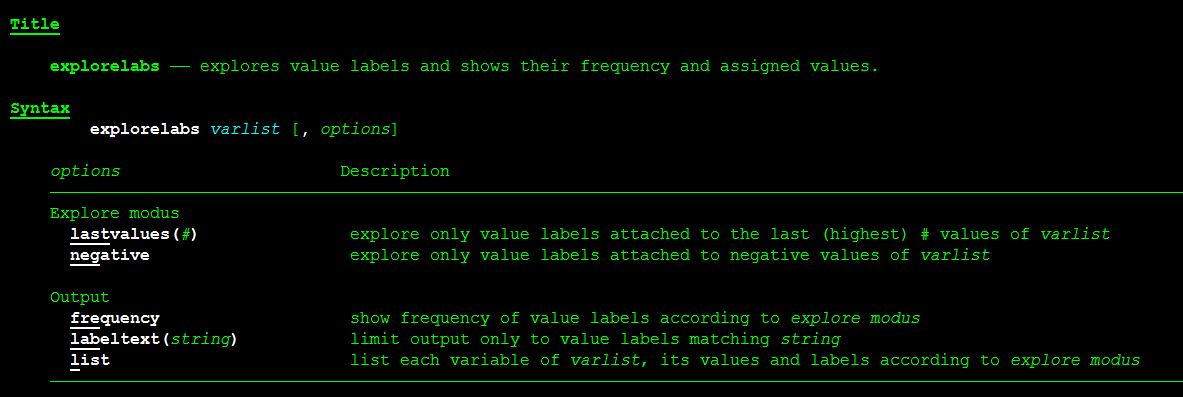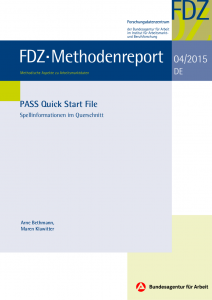Date: June 22, 2018
Venue: University of Konstanz
Cost: Meeting only: 45 € (students 35 €), Workshop only: 65 €, Workshop and Meeting: 85 €
Submission deadline: March 1, 2018
Call for Presentations
We would like to announce the 16th German Stata Users Group meeting to be held Friday, June 22, 2018 at:
University of Konstanz
Universitätsstraße 10
78464 Konstanz
All Stata users, from Germany and elsewhere, or those interested in learning about Stata, are invited to attend.
Presentations are sought on topics that include the following:
- User-written Stata programs
- Case studies of research or teaching using Stata
- Discussions of data management problems
- Reviews of analytic issues
- Surveys or critiques of Stata facilities in specific fields, etc.
The conference language will be English, due to the international nature of the meeting and the participation of non-German guest speakers.
Submission guidelines
If you are interested in presenting a paper, please submit an abstract by email to one of the scientific organizers (max 200 words). The deadline for submissions is March 1, 2018.
Presentations should be 20 minutes or shorter.
Registration
Participants are asked to travel at their own expense. There will be a small conference fee to cover costs for refreshments and lunch. There will also be an optional informal meal at a restaurant in Konstanz on Friday evening at additional cost.
You can enroll by contacting Tim Prenzel by email or by writing or phoning.
Tim Prenzel
Dittrich & Partner Consulting GmbH
Prinzenstraße 2
42697 Solingen
Tel: +49 212 26066-64
Email: tim.Prenzel@dpc.de
The final program, cost, and venue will be circulated in April 2018.
Organizers
Scientific Organizers
- Maarten Buis, University of Konstanz, maarten.buis@uni-konstanz.de
- Johannes Giesecke, Humboldt University Berlin, johannes.giesecke@hu-berlin.de
- Thomas Hinz, University of Konstanz, thomas.hinz@uni-konstanz.de
- Ulrich Kohler, University of Potsdam, ulrich.kohler@uni-potsdam.de
Logistics Organizer
Dittrich & Partner Consulting GmbH (dpc.de), the distributor of Stata in several countries, including Germany, the Netherlands, Austria, the Czech Republic, and Hungary.



